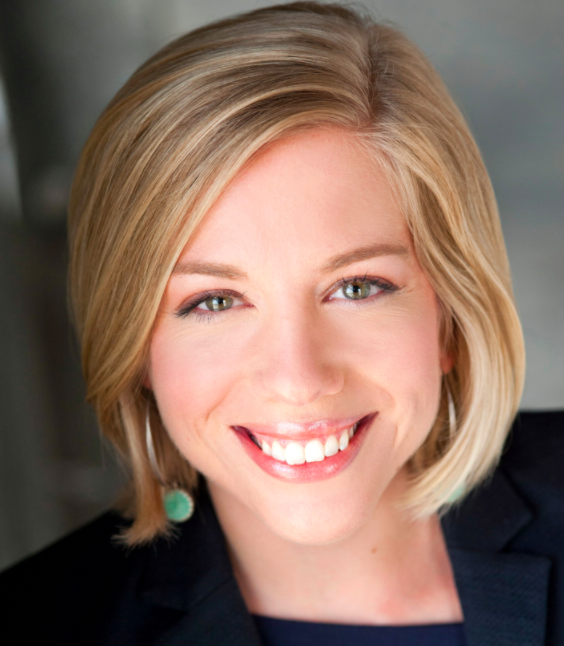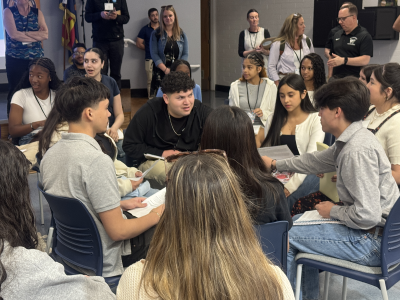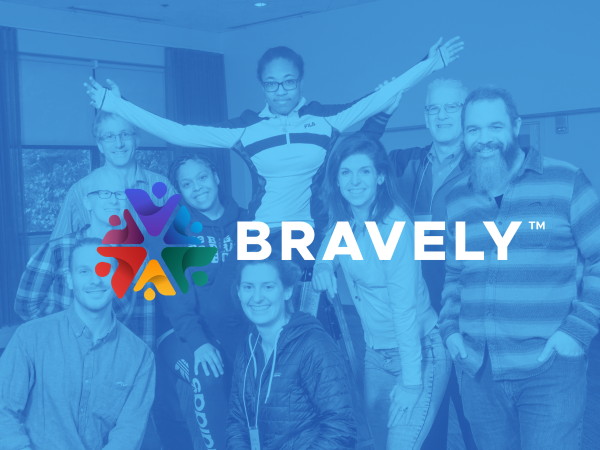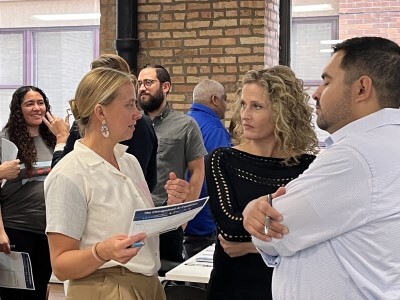Professional Learning
Digital Design & Innovation Skills for Leaders in Academia
Topics
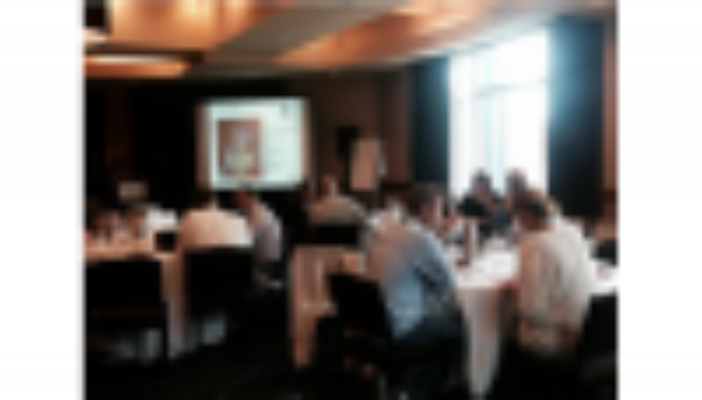
Educators are the lead learners in schools. If they are to enable powerful, authentic, deep learning among their students, they need to live that kind of learning and professional culture themselves. When everyone is part of that experiential through-line, that’s when next generation learning thrives.
One-off solutions won’t work in higher ed. But you better be ready to evaluate, iterate and effectively communicate the scalable solutions you’re creating.
The Launch of the 2014 Breakthrough Models Academy
One-off solutions won’t work in higher ed. But you better be ready to evaluate, iterate, and effectively communicate the scalable solutions you’re creating.
These were just a few of the insights shared by opening speakers at the Breakthrough Models Academy, which runs through the end of this week in Cambridge, Massachusetts. More than 45 participants from across the U.S. will focus on projects to improve college completion, retention, affordability, and competency-based education in the onsite portion of this yearlong program.
Imagine the Possibilities with Digital Design
Diana Oblinger, President and CEO of EDUCAUSE, characterized technology as a mass enabler, as it allows us to think differently and create scalable solutions.
In her talk on digital design, Oblinger cited the ‘combinatorial and exponential’ nature of digital engagement, assessment, and more, noting that emerging areas such as cognitive computing and crowdsourcing are changing the way we experience the world by combining people’s best ideas and business models.
The reach and scope of such innovation holds promise for higher ed.
Exciting developments lay at the intersection of technology and competency-based education.
- ‘Intrusive advising’ employs predictive analytics so that academic advisors can intervene when students are struggling. Dashboards provide feedback on optimal communications with students; it turns out that any messages using more than 43 words is too long.
- Practicing complex problem-solving for real world problems through simulations and gaming builds students’ expertise while promoting systems thinking and collaboration.
The rise of the nontraditional student—career changers, adult learners, and others—has signaled the need to challenge assumptions about what postsecondary education looks like. And developing new approaches to designing and delivering education shouldn’t be done in a silo. A new level of digital interaction means that crowds have become potential problem-solvers and innovators.
Know When to Dive In and When to Walk Away From an Innovation
Eric Grimson, a 30-year MIT professor who now serves as Chancellor for Academic Advancement, said that innovation isn’t just an aspiration; it’s a plan for assessment and a plan for walking away, if necessary.
When discussing the advent of now-famous MOOCs edX and MITx, Grimson posed the question: why would we disrupt ourselves?
The answer? You don’t stay at the top playing defense. Meaning, if you don’t take risks and explore new approaches, even major players in the Ivy League can at best stay even, but will not move forward.
When deciding to develop a new program or implement a new technology, Grimson stressed the end point and assessment. Ask yourself: is this worth it? Will it accomplish our intended goals?
Here’s Grimson’s advice on how to make innovation work:
- Have an assessment plan.
- Listen.
- Grow a thick skin.
Even the best-laid plans can meet disastrous results without a thoughtful communications strategy. Knowing your constituencies, the concerns they may have, and which groups you should communicate with initially can make or break a new institutional initiative.
Tweets quoting Oblinger and Grimson like the one below poured in during the opening sessions—but you don’t have to be in Cambridge to stay connected. Follow @NextGenLC and join the conversation during #BrMA14 this week.
Tell us:
- What are some ways your institution manages risk in innovation?
- How have you successfully launched a new initiative?
If we used the best technology has to offer, could we design a better future combining the campus, clouds, and crowds in new ways?
–Diana Oblinger, President and CEO, EDUCAUSE

